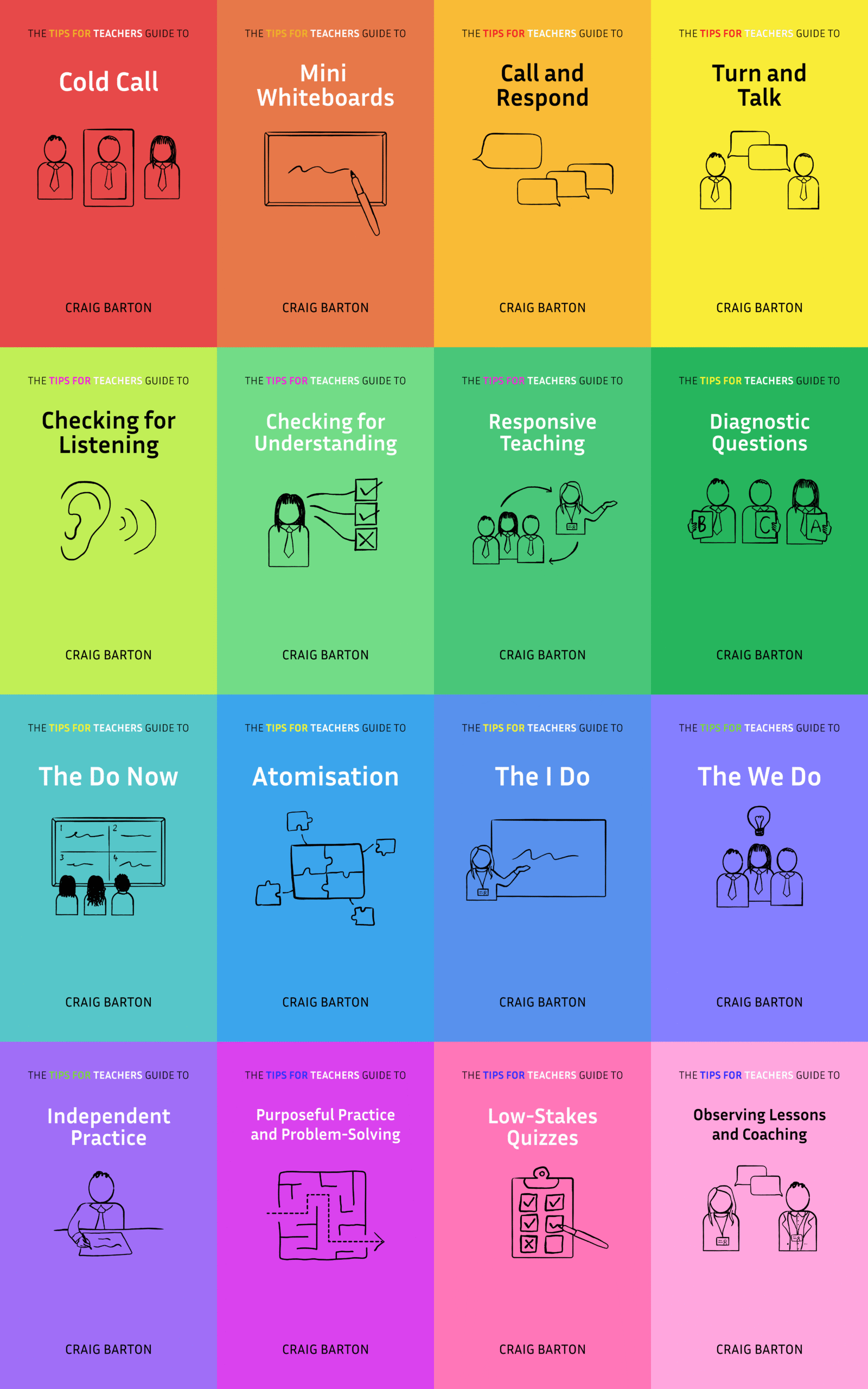Summary
This YouTube video discusses formative assessment strategies for teachers and school leaders. The speaker emphasizes the importance of using tools and questions to understand students’ and staff’s real-time understanding. Several methods are mentioned, including colored cups, hinge questions, and surveys. The speaker highlights the three key phases of formative assessment: question creation, information gathering, and responsive action. Finally, the speaker advocates for the use of the TeacherTap app as a valuable tool for collecting and analyzing feedback from educators.
What are the key implications for teachers in the classroom?
The most important implication for teachers is that they need to find a tool that allows them to understand what is really happening in their students’ minds. Teachers need to know what students are thinking, whether they’re happy, struggling, or need help. This can be done through various formative assessment methods, like using colored cups to represent student understanding, hinge questions, or even regular surveys. The key is to use these tools to gather information and then respond to it effectively.
Teachers should consider these three phases of formative assessment:
- Coming up with a good question.
- Collecting information from students.
- Responding to the information gathered.
Often, teachers may focus more on designing the assessment questions but neglect the crucial step of responding to the results. This response doesn’t have to be improvised; teachers can plan their responses in advance by anticipating common misconceptions and preparing appropriate explanations or examples. For instance, teachers can include a list of common misconceptions and potential responses in their curriculum documents.









